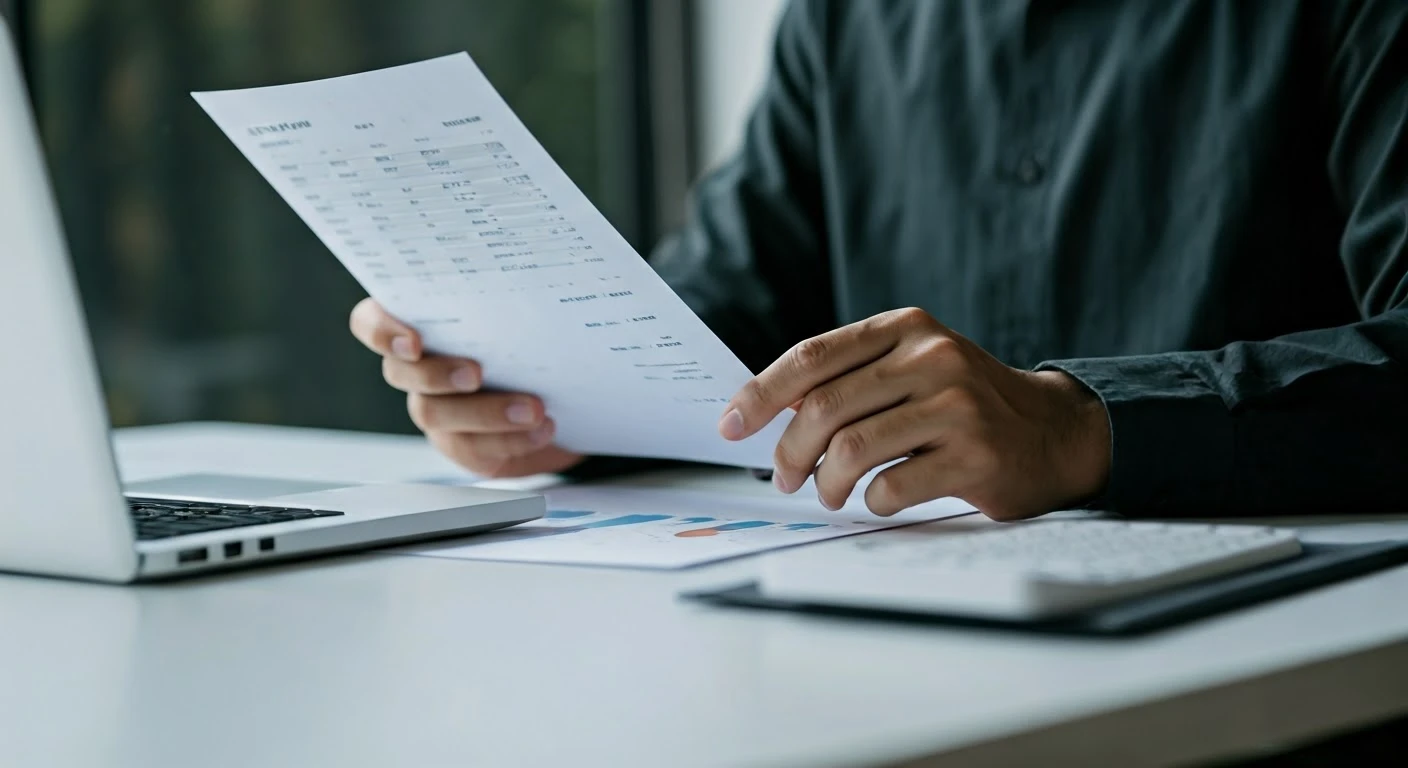Credit-building is crucial when it comes to borrowing cash and acquiring credit cards, and other financial products with reasonable interest rates. There are tons of advice on how to build credit, but one of the best pieces of advice is to pay all your bills on time.
The most important thing that one should always remember is to pay his or her bills on time. The most important factor of a FICO credit score is the payment history, therefore, paying your bills on time means building a base of good repayments. FICO is one of the most common credit scoring models that produces scores that range from 300 to 850. The higher your score, the more your credit health is perceived by lenders hence the importance of maintaining a good score. There are five main factors, but the payment history has the highest impact on credit score at 35 percent.
Whenever you pay all your bills on time, you assure future creditors that you are a responsible person for financial matters. Each of the installments that you fail to make or pay after the stipulated time is also recorded in the credit report. That would make you look very unattractive to lenders when you have too many late payments. But a history of timely payments has the reverse effect – it proves you understand how to handle loans and, therefore, will be able to repay the borrowed funds. This provides lenders with the incentive to issue you new credit and provide you with a favorable interest rate.
How Late Payments Affect Your Credit Score Banks also have the responsibility of reporting payment information to the three credit referencing agencies, these being Equifax, Experian, and TransUnion. Using all this information, FICO comes up with a score that represents your payment behavior over the past several years. It is important to note that if you have recently missed payments, your score will be affected. How much the late payments hurt depends on How much the late payments hurt depends on:
- How delinquent the payments were. Going by the calendar, a 30-day late is not the same thing as a 90-day late.
- Which accounts delayed their payments? Multiple cases of lateness across accounts appear more severe than a one-time delay.
- Whether the late payments are recent or have been consistent over a long period. However, it was found that the more recent the late payment the more it affected the credit score.
- What kind of account was in arrears? For one, being a few days or a month behind on credit card payments or phone bills hurts more than overlooking utility bills.
Fortunately for your credit score, negative information gets weaker as time elapses. In the future, as you continue to remit your installments on time, those one or two missed payments made several years ago will not have much bearing on your classification as a credit risk. However, if you persist in making your payments late, your score will either stay poor or get even worse.
Tips For Avoiding Paying After Due Date
- Automated payments are usually offered for the convenience of customers, so take advantage of them when possible. This helps pay your bills on time without having to remind yourself each time the date is due. However, just be certain you have adequate balance in the linked bank account to meet each payment.
-
If there are no automatic options for payment reminders, then it should be done by the system manually. Most banks offer the provision of sending notifications when a certain bill is due. Or set payment reminders on your phone or digital calendar several days before in order not to be caught unawares.
-
Ask for an extension if necessary. There is usually a grace period that most lenders give you when your payment is due but no fees are charged if you pay before the grace period elapses. If an emergency occurs that prevents on-time payment, contact your lender – to find out if they can adjust your due date for free.
-
Establish a proper emergency fund which should be enough to cater to basic needs for 3-6 months. Another reason to have cash is that one never knows when an emergency bill may arise, for example, medical bills or car problems, where failing to pay can negatively affect one. There is nothing like having savings for emergencies, although, it is not a walk in the park to accomplish it, it comes with a lot of benefits.
How to Rebuild Credit Score after Having a Credit Score Drop Even if you have a poor credit score now due to some recent late payments, it is still the best way to improve credit health if you ensure that you pay all your bills on time in the future. As pointed out above, when negative news occurs, late payments will affect it; however, as positive data emerges, its effects will be adjusted. Here are some additional tips for credit score repair after lateness issues: Here are some additional tips for credit score repair after lateness issues:
Dispute errors: Check that all the accounts stated as late payments on your credit reports are mistakes. If the creditor reported one falsely, this is the best way to go because it ensures that the information is corrected.
Pay down balances: Another factor that negatively affects your score is if you have high volumes of revolving credit utilization. Reduce credit card balances to below the 30 percent mark.
Limit new applications: And each application takes a few points off your score. Do not apply for credit right away so that current positive payment patterns come forth immediately.
Monitor changes: You can sign up for free to receive alerts whenever there is a change with your credit file to attend to any problems that might be there.
Consider goodwill letters: It is also okay to request the lenders to waive late fees or payment if perhaps the incidences were rather unusual or exigent.
Give it time: Thus there are no excuses that one can give when it comes to enhancing poor credit caused by not honoring the bills on time. Now it is time to be punctual on payments every time.
Although, if you make your payments past the due date, it is very detrimental to your credit score it is not a lifelong effect. Making payments on time and not missing any due dates further in the future will gradually help to rebuild a good credit history score. The history of payment accounts for more than one-third of your total credit score for good reason – nothing gives lenders more information about your creditworthiness. Late payments should be the last priority for any borrower as far as financial priorities are concerned.
Call now for expert credit repair services: (888) 803-7889
Read More:
How much is a $30000 dollar car monthly payment?
What credit score do I need for a $5000 loan?
Can I buy a house with a 654-credit score?
What is most people's starting credit score?
Is a 1000 credit score possible?




